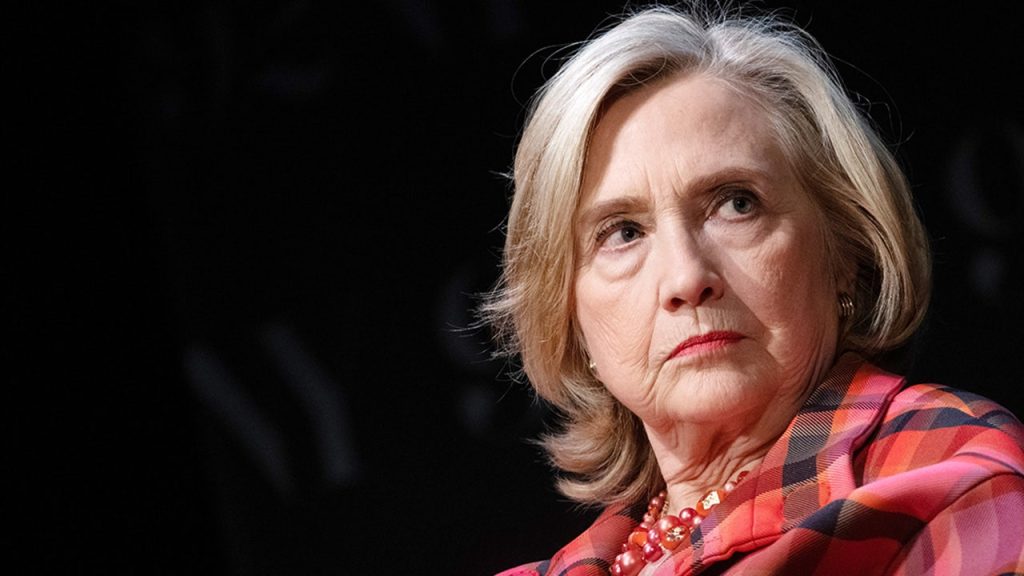Hillary Clinton’s critique of Elon Musk’s influence on the government spending debate ignited a firestorm on Capitol Hill, highlighting the precarious nature of budget negotiations and the increasing role of external voices in shaping political decisions. Clinton, a former Secretary of State, Senator, and First Lady, accused the Republican Party of taking orders from Musk, the world’s richest man, and jeopardizing the livelihoods of federal employees and low-income families by pushing the government to the brink of a shutdown just before the holiday season. Her comments underscore the partisan divide over government spending and the potential consequences of political gridlock.
The immediate trigger for Clinton’s remarks was House Speaker Mike Johnson’s release of a revised continuing resolution (CR) aimed at averting a government shutdown. The CR, a temporary funding measure, sought to extend current spending levels for three months and suspend the debt limit for two years, a demand made by President-elect Trump. However, this proposal faced immediate opposition from both sides of the aisle, further complicating the already tense negotiations. Musk’s vocal opposition to the initial spending deal, coupled with his threat to support primary challengers against Republicans who voted for it, exerted significant pressure on GOP lawmakers and fueled the ongoing political drama.
The influence of Musk, a non-elected individual, in the legislative process became a central point of contention. Democrats, including House Minority Leader Hakeem Jeffries, lambasted the revised proposal as “laughable” and accused extreme MAGA Republicans of pushing the government towards a shutdown. Rep. Jamie Raskin went further, labeling Musk the “fourth branch of government” and criticizing his interference in the negotiations. This sentiment reflects a broader concern about the undue influence of wealthy individuals and their ability to shape policy decisions. The chants of “hell no” emanating from the Democratic caucus meeting underscored the deep divisions and the unlikelihood of the revised CR gaining bipartisan support.
The revised CR aimed to address some of the concerns raised by conservative Republicans about the original 1,500-page document, which contained policy and funding riders that they found objectionable. However, the proposed suspension of the debt limit for two years proved to be a sticking point for some, raising concerns about the long-term fiscal implications of such a move. Rep. Chip Roy, a vocal critic of the initial bill, also rejected the new deal, citing increased debt and government spending without adequate restraint. This opposition from within the Republican ranks further complicated the passage of the CR and increased the likelihood of a government shutdown.
The potential consequences of a government shutdown loomed large over the negotiations. A shutdown would disrupt essential government services, impacting federal employees, contractors, and citizens relying on government programs. The timing, just before the holidays, amplified the potential hardship for families and individuals already struggling financially. The political standoff highlighted the deep divisions within Congress and the challenges of reaching consensus on critical budgetary matters.
The situation underscored the complex interplay between political actors, external influences, and the high stakes of government spending debates. Clinton’s criticism of Musk’s involvement reflects the growing concern about the role of unelected individuals in shaping policy decisions. The opposition to the revised CR from both Democrats and conservative Republicans highlighted the difficulty of finding common ground in a deeply polarized political environment. The looming threat of a government shutdown served as a stark reminder of the potential consequences of political gridlock and the urgent need for compromise.


